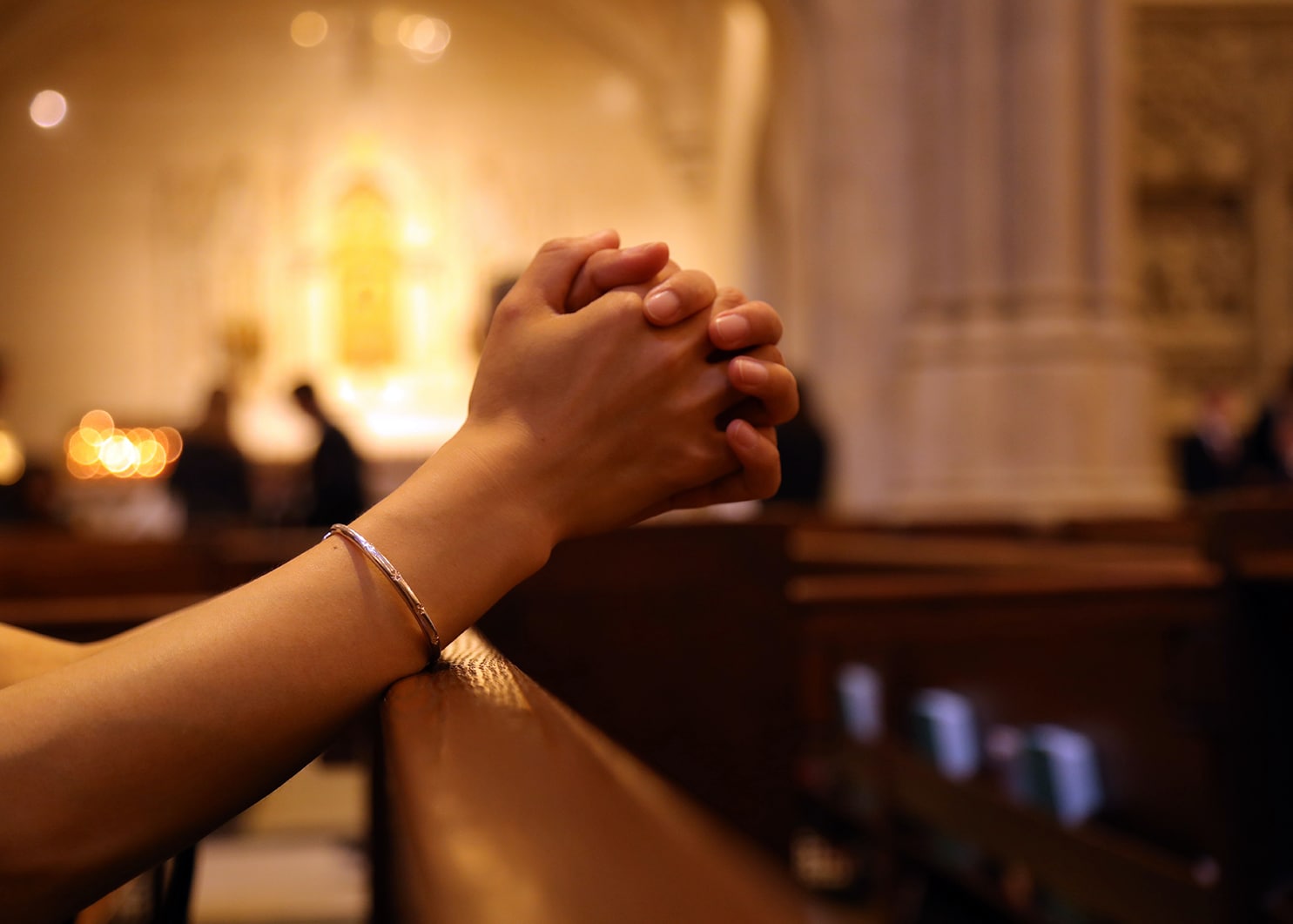The Church strongly urges that Catholics have recourse to confession for all sins — mortal or not
Question: I know that the Church urges frequent confession. But what if one has no mortal sins to confess? I am reluctant to go to confession because of the absence of mortal sins. As to venial sin, I am unclear what this means anymore. Can you help?
— James J. Crowley, Metuchen, N.J.
Answer: The distinction between mortal and venial sins is as valid today as it ever was. Mortal sin is that which is so serious as to fundamentally compromise one’s relationship with God, others and self. Venial sin involves less serious matters, and it does not compromise one’s moral integrity in the way that mortal sin does. I would estimate, as a confessor, that the vast majority of sins that people confess are venial sins. Knowing whether one has committed a mortal or venial sin demands careful examination of conscience and discernment of heart and soul, as well as a determination of the degree of knowledge and consent involved in the sin.
While the Church has always held that sacramental confession is required as the normal means of reconciliation with God after mortal sin, it strongly urges that Catholics have recourse to confession for all sins. Certainly venial sins are forgiven through means other than confession (such as fasting, prayer, almsgiving and good works); yet confession is a privileged mode for the forgiveness of venial sins.
Mortal sins are easier to identify than venial sins. In the early Church, the three major sins were apostasy, murder and adultery. It may be that most Catholics do not often commit sins that can be described as mortal. However, venial sins are very frequent, though often more vague than mortal sins. One can identify venial sins more readily through an examination of conscience concerning the good deeds that one has failed to do. Through an examination of conscience, one can discern the ways in which one has failed morally.
A Catholic should never feel reluctant to go to confession for the forgiveness of venial sins. Nor should a priest ever make someone feel awkward when he or she has no mortal sins to confess. One of the primary roles of a confessor is to assist people in the identification of their sins. For that reason, if one is not sure what one should confess, then the assistance of the priest should be sought.
Good resource
Question: My pastor has asked me to teach in the Rite of Christian Initiation of Adults program and has recommended that I use the U.S. Catholic Catechism for Adults. Do you recommend this catechism and why?
— Name and city withheld
Answer: I recommend the USCCA very highly (after all, the American Catholic bishops did!). This catechism, which was published in 2006, was conceived as an American adaptation of the Catechism of the Catholic Church, promulgated by Pope John Paul II in 1992. By American adaptation, the U.S. bishops had in mind a catechism that would speak more readily to American culture and Catholic history.
While I recommend that every adult candidate for baptism at some point obtain a copy of the Catechism of the Catholic Church , I think that use of the latter for basic catechesis is probably a little over the heads of the average inquirer. This is why the USCCA is so good. It is a little more readable for the beginner and is well adapted to the needs of the adult learner.






